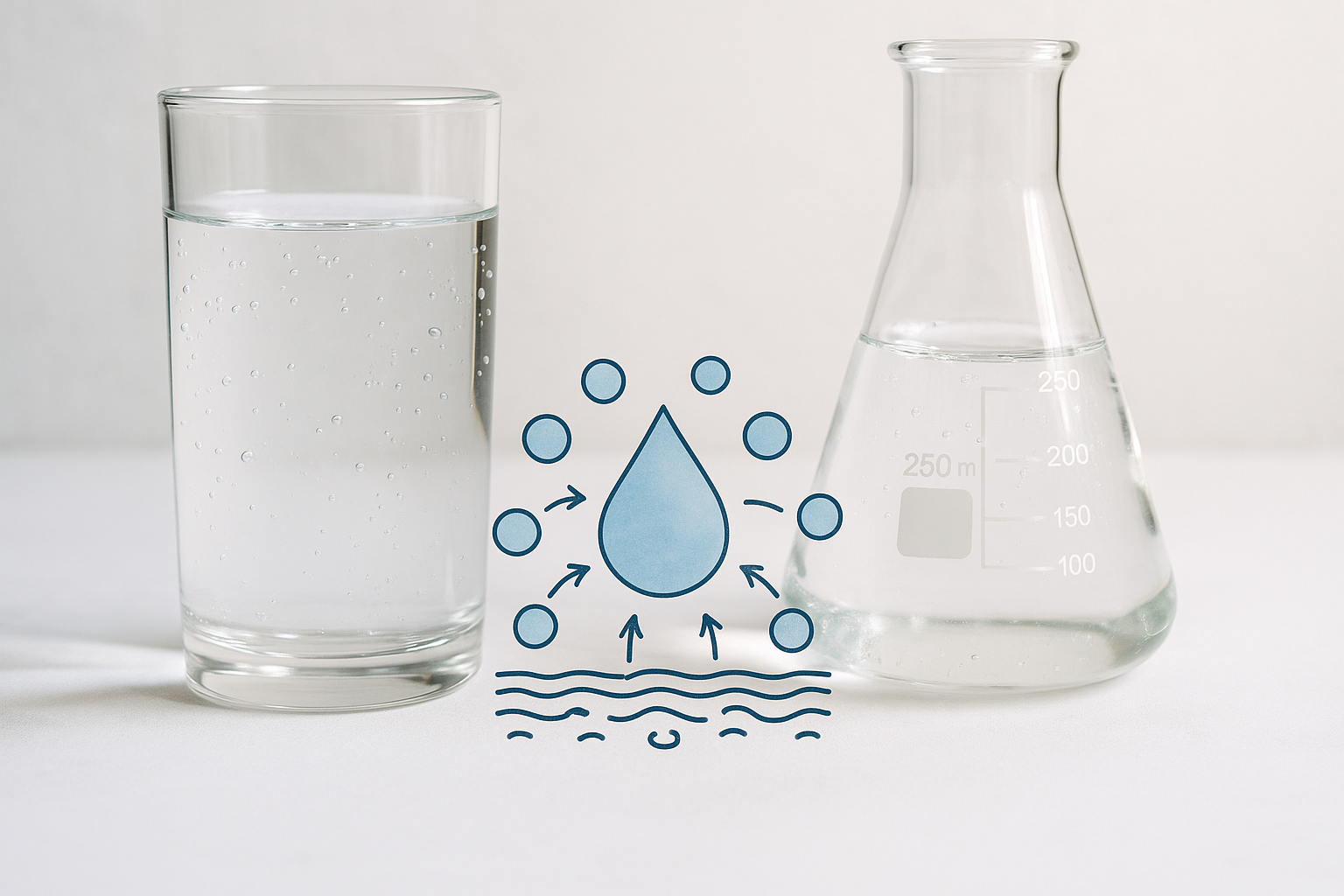10 Signs You’re Not 'Low-Carb' — You’re Just Constantly Thirsty
The low-carb diet has gained immense popularity as a go-to solution for weight loss and improved health. Promising rapid results and a healthier lifestyle, this diet encourages the reduction of carbohydrates in favor of proteins and fats. However, amidst the enthusiasm, many dieters find themselves facing unexpected side effects, such as constant thirst. This article delves into the intriguing intersection of low-carb dieting and hydration issues. By exploring ten signs that your persistent thirst might be more than just a dietary side effect, we aim to uncover the complex relationship between carbohydrate intake, hydration, and overall wellness.
Carbohydrates and Hydration: The Science Behind It

Carbohydrates play a crucial role in maintaining the body's water balance. When you consume carbs, your body stores them in the form of glycogen, which binds with water in your muscles and liver. For every gram of glycogen stored, approximately three grams of water are retained. Therefore, reducing your carbohydrate intake can lead to a decrease in glycogen stores, subsequently reducing the water your body retains. This biochemical reaction is often the root cause of increased thirst among those following a low-carb diet. Understanding this mechanism is essential for anyone considering or currently on such a dietary regimen.
The Misinterpretation of Thirst as Hunger

One of the common pitfalls in low-carb dieting is mistaking thirst for hunger. When the body is in a state of dehydration, it can send signals that are easily confused with hunger pangs. This misinterpretation can lead to overeating or unnecessary snacking, which might counteract the intended effects of the diet. Recognizing the difference between hunger and thirst is vital for maintaining the balance necessary in a low-carb lifestyle. Paying attention to these signals and responding appropriately by hydrating rather than eating can help manage weight more effectively while adhering to dietary goals.
